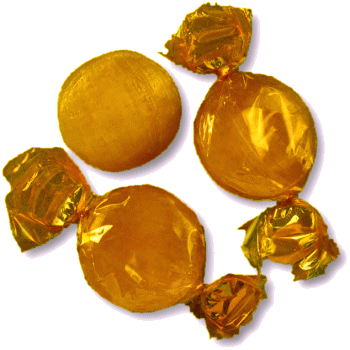




WELCOME TO AN ENTERTAINMENT SITE FOR SCOTTISH COUNTRY DANCERS!
Enjoy this curated selection of theme-related dances for celebrations and holidays, or find a dance associated with a special calendar day, or EVEN your own birthday!
Making Oat Cakes, George Walker (1781-1814)
May 17

World Baking Day
Land of the Golden Oatcake
Other Scottish Country Dances for this Day
Today's Musings, History & Folklore
"This I thought was the Sweetest morsel I ever Ate in my life though the Outside was burnt black and the middle was not half done".
~ In praise of an oatcake, Scottish immigrant surviving a shipwreck off Nova Scotia and finding enough provisions to make an oatcake, 1775
Just a few ingredients in your cupboards? Get out your oatcake recipes or queue the music for this dance! Oatcakes have been documented as existing in Scotland since at least the time of the Roman conquest of Britain in AD 43, and most likely before then. Oats were one of the few grains that grew well in the north of Scotland and were, until the 20th century, the staple grain used. Typically, oatcakes are made on a girdle (griddle) or by baking rounds of oatmeal on a tray. Scottish soldiers in the 14th century carried a metal plate and a sack of oatmeal so that they could make their own! According to contemporary accounts, a soldier would heat the plate over fire, moisten a bit of oatmeal and make a cake to "comfort his stomach. Hence it is no marvel that the Scots should be able to make longer marches than other men." No wonder, indeed! 🌾
Land of the Golden Oatcake
World Baking Day is May 17th! Why not celebrate with an oatcake?
From the dance notes:
A businessman who travelled widely had these words to say: "In nearly half a century of sampling good breads, cakes, and pies, I have never encountered such consistently excellent baked goods as those I admiringly munched from coast to coast in Scotland. I herewith submit, with greatest respect, to the tune of "Scotland the Brave," a paean to all those Scots home cooks and professional pastry-makers whose hymn has heretofore remained unsung:
Land of the fruit and iced cake, Land of the shining biscuit,
Land of the scone and pancake Topped all with cream,
Land of the golden oatcake, Land of the bun and bannock,
And of the jam-filled sponge cake Light as a dream."
High praise indeed!
Oatcakes have been documented as existing in Scotland since at least the time of the Roman conquest of Britain in AD 43, and likely before then. Oatcakes have also been described as being the "mainstay of Scottish breads for centuries".
Oatcakes may replace toast at breakfast in Scotland. Traditionally made on a girdle (griddle) or by baking rounds of oatmeal on a tray, large oatcakes may be sliced into farls before baking.
Oats are one of the few grains that grow well in the north of Scotland and were, until the 20th century, the staple grain used.
There are many regional variations of the oatcake. In Edinburgh and the Lothians, wheat flour was also added. Unlike the Lowlanders, Highlanders would never use two kinds of grain. Their oatcakes were only made with oatmeal with less fat and water, making them brittle. 'Bonnach Imeach', is an oatcake from the Hebrides Islands, which is much thicker than other regions. The Gaelic name means "cake with butter."
So ubiquitous was the use of oats by the Scottish people that Samuel Johnson referred, disparagingly, to this staple diet in his dictionary definition for oats:
"A grain, which in England is generally given to horses, but in Scotland supports the people."
Lord Elibank was said by Sir Walter Scott to have retorted:
"Yes, and where else will you see such horses and such men?"
Eat up.
For a traditional recipe with rave reviews, click here. Or for a modern recipe for Caraway Oatcakes with Stilton & Damson Jam, click the picture.
Click the dance cribs or description below to link to a printable version of the dance!









